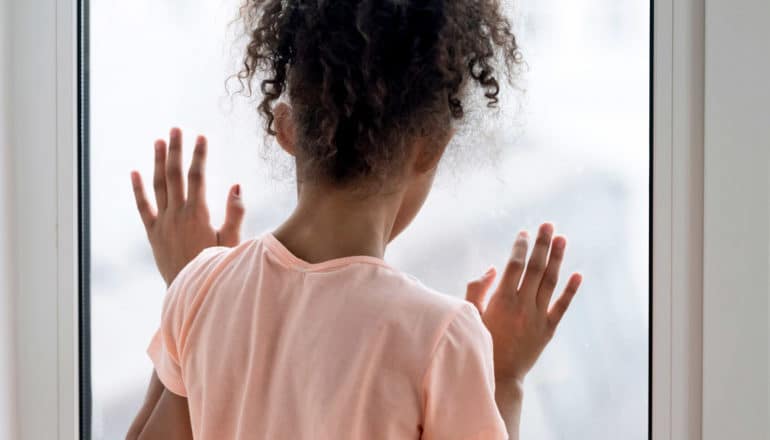
A shift starting in the late 1960s has targeted poor families with unnecessary investigations and child removals at the expense of services, argues Mical Raz.
Black children are removed from their families at much greater rates than any other race or ethnicity in this country. At the same time, the sheer number of all child abuse investigations in the US is staggering: experts estimate that by age 18 one out of three children has been the subject of a child protective services investigation.
“These numbers are astounding, particularly as the rates of serious physical injury to children are on the decline.”
Yet, many of these investigations and removals are unjustified, says Raz, professor in public policy and health, an associate professor of history, and a physician at the University of Rochester’s Strong Memorial Hospital.
“These numbers are astounding, particularly as the rates of serious physical injury to children are on the decline,” writes Raz in her latest book Abusive Policies: How the American Child Welfare System Lost Its Way (University of North Carolina Press, 2020), which traces the history of child abuse policy in the US over the last half century.
Part of the problem is an overly broad definition of what constitutes child abuse that has become politicized and “weaponized” against vulnerable populations, says Raz.
“Biased viewpoints regarding race, class, and gender played a powerful role shaping perceptions of child abuse,” says Raz. Coupled with overzealous policies and a belief among the public that serious child abuse was widespread and frequent, “these perceptions are often directly at odds with the available data and disproportionately target poor African American families above others.”
This over-reporting of alleged child abuse, Raz argues, has caused the child welfare system to get bogged down in unnecessary investigations, seriously undermining its ability to focus on its other roles. Poverty is too often equated with abuse, she says, while at the same time “we’re just having investigations at the expense of providing services.”
Here, Raz explains the shift in the systems priorities and how it affects families:
The post Child services targets poor families for biased reasons appeared first on Futurity.
from Futurity https://ift.tt/37mpMbK
No comments:
Post a Comment